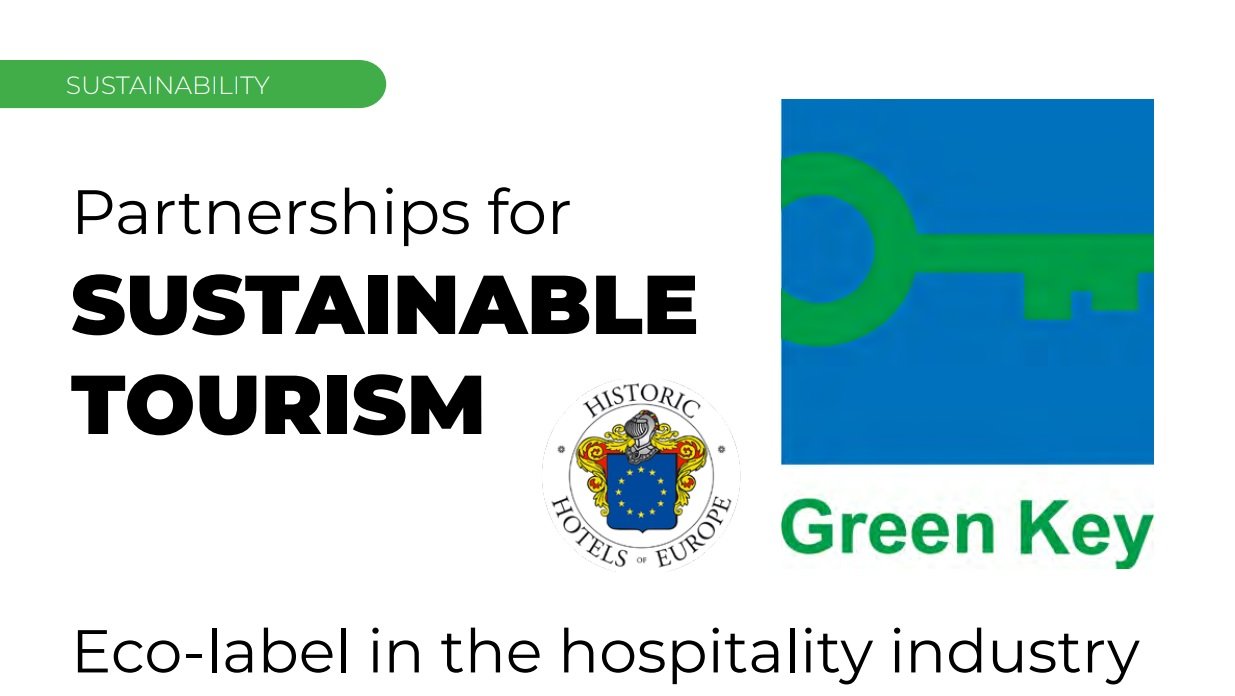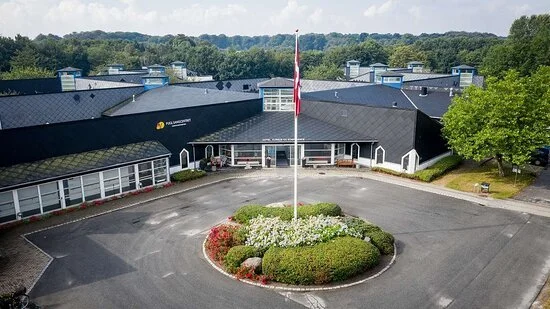In order to be truly sustainable, hotel properties need to take a balanced and holistic approach, says Abdel Jabbar, Facility and Sustainability Manager at The Hotel. Brussels.
Although protecting the environment is a critical part of upscale venue The Hotel. Brussels’ sustainability efforts, it’s only part of the picture.
To me, being sustainable is about every action, every process, every department,” says Abdel Jabbar, The Hotel’s Facility and Sustainability Manager and real estate company Pandox’s Green Hero for 2020. “It’s about taking a broader view – for example, ensuring the partners we choose to work with share our outlook, and scrutinising our social impact, too.”
At The Hotel. Brussels, Abdel has overseen many developments to improve the property’s sustainability rating. One significant initiative is that 100% of the property’s energy is now generated by offshore wind turbines, as well as the installation of a cogeneration system to convert gas into sustainable heat and electricity.
Abdel’s team has also reduced water use, using smart pumps on circuits to adapt supply according to the hotel’s occupancy rate, and recycling waste water from air conditioning units to use in toilets. One of The Hotel’s most recent eco initiatives has seen the shower heads replaced in hotel bedrooms for a more sustainable model which uses only 9 litres of water per minute.
The property also benefits from a smart building digital tool which illustrates energy use in real time. Constant monitoring is a key part of their sustainability drive, with staff able to act quickly in the case of a leak or a system fault.
The Hotel. Brussels has built its sustainability initiative on the principles of the UN Sustainable Development Goals and the European Green Deal, and is committed to making a real, positive impact for the benefit of the planet. And their aims are ambitious: along with a goal to cut water use by 20% by 2023, it also intends to reduce gas use by 25%, electricity consumption by 35% and its overall CO2 footprint by 20% by the same deadline. Impressively, the property is already 85% of the way to achieving these goals. The Hotel. Brussels was awarded the Green Key certification in 2019, and is on course to be certified by BREEAM in 2022.
Taking action to combat social inequality is also part of The Hotel’s sustainability mission. “For example, we choose to partner with companies like Grohe, for example, who donate €1 to Unicef for every shower head we purchase to improve access to water for children in the developing world,” Abdel explains.
Recently, The Hotel donated its old shower heads and bed linen to a community group promoting circular innovation. It has also restored computer hardware and donated it to a group of young people in training, who have access to the property’s meeting rooms free of charge.
“As The Hotel’s sustainability mission puts it, we want our planet here to stay,” says Abdel. “And we all have a role to play in safeguarding it.”
More information about The Hotel. Brussels can be found here: https://www.thehotel-brussels.be/.














